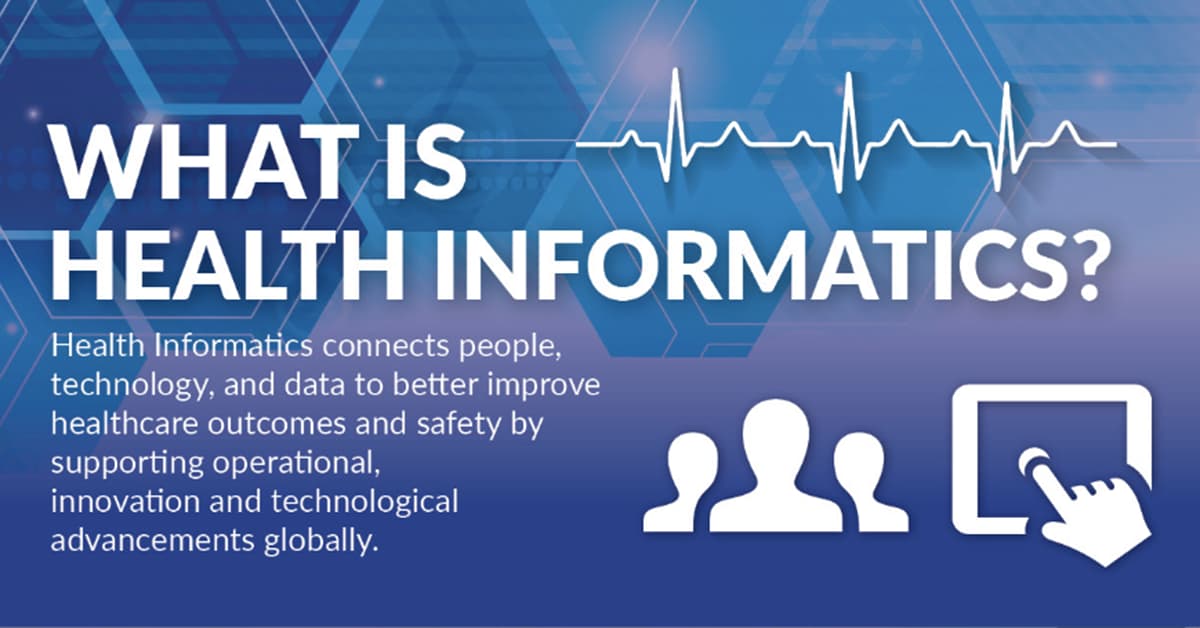Licensing Requirements by Location

The licensing requirements for health informatics professionals vary significantly depending on location, job responsibilities, and the specific regulations of each jurisdiction. While some areas require formal licensing, others rely on professional certifications or experience as sufficient qualifications. Understanding these differences is crucial for individuals seeking careers in this field.
Licensing Requirements in the United States
Licensing regulations for health informatics professionals in the US are largely determined at the state level, leading to considerable inconsistency. There isn’t a nationally mandated license for all health informatics roles. The following table provides a glimpse into the variability; however, it is not exhaustive and should not be considered legal advice. Always consult the relevant state board for the most up-to-date information.
| State | Required License | Specific Requirements | Relevant Governing Body |
|---|---|---|---|
| California | May require a license depending on specific tasks (e.g., if involved in direct patient care) | Varies widely depending on the role and responsibilities; may require registration with a relevant healthcare board. | California Department of Public Health, various professional licensing boards. |
| Texas | Generally not required for typical health informatics roles. | Certifications such as RHIT or RHIA are often preferred by employers. | Texas Department of Licensing and Regulation (for related professions, not directly for health informatics). |
| New York | May require a license depending on the specific tasks performed, especially if interacting with protected health information (PHI). | Compliance with HIPAA regulations is paramount; certain roles might necessitate specific state-level certifications or registrations. | New York State Department of Health, various professional licensing boards. |
| Florida | No specific state-level license for health informatics professionals. | Professional certifications and experience are commonly used to demonstrate competency. | Florida Department of Health (for related professions). |
Licensing Procedures in Canada
The licensing landscape for health informatics in Canada is similar to the US, lacking a nationwide licensing standard. Licensing is often determined by the specific province or territory and the nature of the work. The process typically involves:
- Identifying relevant professional organizations and regulatory bodies in the specific province or territory.
- Meeting educational and experience requirements established by these organizations.
- Completing any necessary examinations or certifications.
- Applying for registration or licensing with the appropriate regulatory body.
- Maintaining ongoing professional development requirements.
Licensing Needs in the UK versus Australia
Both the UK and Australia generally do not have specific licensing requirements for health informatics professionals. Instead, reliance is placed on professional certifications (such as those offered by the College of Healthcare Information Management Executives (CHIME) in the US, or equivalent UK and Australian organizations) and demonstrated experience. However, adherence to data privacy regulations (GDPR in the UK and similar legislation in Australia) is crucial and may indirectly influence employment requirements. The emphasis is more on professional competence and adherence to ethical guidelines rather than mandated state licensing.
Countries Without Specific Health Informatics Licenses
Many countries, including Germany, Japan, and several in South America, do not have specific licensing requirements for health informatics roles. This means that while professional certifications and experience are valued by employers, there’s no legal mandate for a specific license to practice. The implications include a potentially lower barrier to entry for the profession, but also a greater reliance on self-regulation and professional ethics to maintain standards of practice and protect patient data. This can lead to variations in the quality of services and potentially a higher risk of malpractice if ethical guidelines aren’t strictly followed.
Impact of Healthcare Regulations on Licensing: Do I Need A License To Become A Health Informatics

Healthcare regulations significantly impact the licensing requirements for health informatics professionals, ensuring patient data privacy, security, and the overall integrity of the healthcare system. These regulations often dictate the necessary qualifications, continuing education requirements, and ethical responsibilities for individuals handling sensitive patient information. Failure to comply can lead to severe consequences.
HIPAA’s Influence on Licensing, Do i need a license to become a health informatics
The Health Insurance Portability and Accountability Act (HIPAA) in the United States is a prime example of how healthcare regulations shape licensing. HIPAA’s Privacy Rule and Security Rule mandate specific safeguards for protected health information (PHI). While HIPAA doesn’t directly license health informatics professionals, it heavily influences the content of licensing exams and continuing education requirements. Many licensing boards now incorporate HIPAA compliance training and testing as a core component of their certification programs. This ensures that professionals understand their responsibilities concerning data security, access control, and breach notification. For instance, a health informatics professional working with electronic health records (EHRs) must be well-versed in HIPAA regulations to ensure compliance with data access limitations, audit trails, and encryption protocols. Failure to comply can result in significant penalties for both the individual and their employing organization.
Consequences of Unlicensed Practice
Practicing health informatics without the necessary licenses carries substantial legal and ethical implications. These consequences can range from civil penalties and fines to criminal charges, depending on the severity of the infraction and the jurisdiction. Ethical breaches, such as unauthorized access to PHI or the dissemination of confidential information, can severely damage a professional’s reputation and lead to the loss of employment. Furthermore, unlicensed practice undermines patient trust and compromises the integrity of the healthcare system. For example, an unlicensed individual accessing patient data for personal gain could face felony charges and significant prison time. The reputational damage to the healthcare institution involved would also be considerable.
Regulatory Frameworks: A Comparison
The United States and the United Kingdom offer a compelling comparison of differing regulatory frameworks and their influence on health informatics licensing. In the US, licensing is often state-specific, with a patchwork of different certifications and requirements. This can lead to inconsistencies in the level of protection offered to patient data across different states. The UK, however, tends towards a more centralized approach, with national standards and certifications setting a consistent benchmark for professional competence and ethical conduct. This approach promotes a higher degree of uniformity in data protection practices across the country. The different approaches reflect the varying structures of their healthcare systems and regulatory priorities.
Hypothetical Scenario: Data Breach Due to Lack of Licensing
Imagine a scenario where an unlicensed health informatics professional, employed by a small clinic, gains unauthorized access to patient data due to a lack of proper security training (a requirement under most licensing schemes). This individual, lacking knowledge of HIPAA regulations and best practices, inadvertently exposes sensitive patient information online. The resulting data breach exposes hundreds of patients to identity theft and other risks. The clinic faces substantial financial penalties, legal action from affected patients, and reputational damage. The unlicensed professional faces criminal charges, significant fines, and a likely end to their career in the field. This illustrates the far-reaching consequences of operating without the necessary qualifications and licenses in health informatics.

Tim Redaksi